Having a strong online presence is crucial for businesses and individuals in today’s digital age. Whether you’re running a blog, an online store, or a company website, you need to be confident in the security of your web hosting provider.
The phrase “web hosting security” is frequently used when talking about how to keep your website and its data safe.
In this blog post we’ll discuss more than 10 security features you must seek in your web hosting service.
Table of Contents
Understanding Web Hosting Security
Definition of web hosting security
The term “web hosting security” refers to the array of measures taken by web hosts to ensure the safety of the websites they host. Defending computer systems from intrusions like DDoS attacks, malware infections, data breaches, and hacking attempts is part of this.
To protect hosted websites from being compromised, hacked, or rendered unavailable, a secure web host implements a number of security procedures.
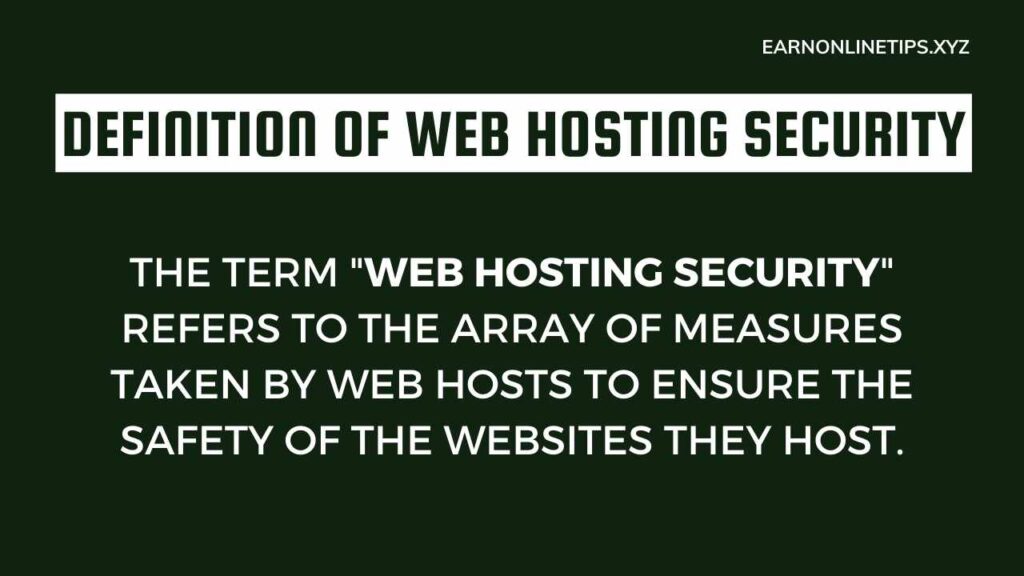
The Importance of Using a Trustworthy Web Host
It is crucial that you choose a web host that you can trust completely. Your chances of having your website compromised by cybercriminals are much reduced if you use a trustworthy hosting service that takes security seriously.
If your website’s data, visitors’ personal information, and online reputation are all hosted in a safe environment, then everything will be fine. Because security issues can cause sites to go down, which can result in lost revenue, this helps keep your business online.
Possible dangers from insufficient safety measures
Choosing a web host without sufficient safety features can have dire implications. Without sufficient security measures in place, hackers can easily get access to your website and steal data, alter your pages, or use it for their own nefarious ends. Inadequate security also increases the risk of losing money, getting sued, having your brand’s reputation harmed, and having customers lose faith in you. If you skimp on security when hosting your website, you risk losing visitors and credibility.
Choosing a web host that has adequate security measures in place is discussed in the next section. These additions can help you feel more at ease about the safety of your website in the ever-changing online world.
Essential Security Features for Web Hosting
1. Secure Sockets Layer (SSL) Certificates
If your web server provides SSL certificates, you have one of the most fundamental forms of security in place. By encrypting the data sent between a web server and a browser, SSL certificates ensure that the user’s personal information remains secure.
Use the HTTPS protocol, denoted by a lock icon in the URL bar, to connect to a site that has an SSL certificate.
SSL certificates increase the security of websites in numerous ways. To begin, they encrypt all of your sensitive information, including passwords and credit card details, so that no one else can see it. This is of utmost significance for marketplaces and other platforms that handle sensitive user information.
Thanks to the authentication that SSL certificates offer, users can rest easy knowing they have reached the intended website. This not only discourages phishing efforts but also makes users feel more comfortable sharing sensitive information on your site.
2. Intrusion Prevention Systems (IPS) and Firewalls
Firewalls and Intrusion Detection Systems (IDS) are other essential security features to look for in a web host. Firewalls protect your website by regulating network traffic and acting as a barrier between your server and hackers. They come in both software and hardware forms, with varying degrees of security.
On the other hand, IDSs are constantly keeping an eye out for any malicious activities in the form of network traffic or server activity. They do this by comparing network activity to established attack patterns and anomaly signatures and then notifying administrators of any suspicious activity. The real-time threat detection and mitigation capabilities of IDS add another layer of security against hacking and data breaches.
3. Anti-DDoS Measures
Websites are at risk from DDoS attacks, which try to interrupt availability by flooding servers with an excessive volume of traffic. Selecting a web server with reliable DDoS protection is vital.
The goal of DDoS protection services is to keep your website online and accessible at all times, even when under assault. In order to distinguish and stop fraudulent traffic while still allowing legitimate users access, you can implement methods like traffic analysis, rate limiting, and traffic filtering.
By implementing DDoS protection with your web hosting provider, you can decrease the risk of lost sales, reputation, and customer trust, as well as user accessibility to your website.
4. The SFTP Protocol for Safer Internet File Sharing
Transferring data between a client and server can be done safely using the Secure File Transfer Protocol (SFTP). Before signing up, it is essential to confirm that a web server supports SFTP. When transferring files, SFTP encrypts them to protect them from being viewed or tampered with by anyone other than the intended recipient.
There are a number of benefits to using SFTP for managing a website. To begin with, it safeguards your files from being snooped on or altered in any way while they are in transit.
Second, SFTP is secure because it uses authentication to restrict file access to those who have been granted permission. This helps ensure that only authorized users can access your website’s administrative area.
5. Scheduled backups and Contingency Plans
There are many potential causes of data loss, including mechanical failures, software bugs, malicious hacking, and even natural calamities. Because of this, you should look for a web host that places a premium on frequent backups and disaster recovery.
Making copies of your website’s files, databases, and configuration settings at regular intervals is an essential part of maintaining its security. The ability to restore your website to a working state from a backup is essential in the event of data loss or corruption.
Furthermore, a solid plan for recovering from catastrophic events should be in place. In the event of a severe tragedy or catastrophe, you can swiftly recover your website and its data by taking these precautions. The hosting service should have failsafes in place to quickly recover from system failures and get your site back online for users in the event of an outage.
6. Identifying and Eliminating Malware
When it comes to the safety and reliability of online platforms, malware is a major concern. Make sure your prospective web host has robust malware detection and cleanup tools before signing up.
Your hosting service should use cutting-edge malware scanning and detection tools to keep an eye out for any harmful code or unusual behavior on your website. To keep your website and its users safe from malware attacks, use one of these programs to detect and report any suspicious activity.
The hosting business also has to supply tools and instructions for eliminating malware. Help in cleaning up your website may come in the form of detailed instructions, access to security specialists, or even automatic malware removal services.
7. Authentication and Permission Management
Web hosting security relies heavily on access controls and authentication procedures. Think about how the host handles user authentication and access before signing up.
By restricting access to the server or back end of your website, you can make sure that only authorized users can access it. This reduces the likelihood of malevolent or careless users making modifications or gaining access to private information. Access control elements in a hosting service should include limiting access based on IP address, user roles and permissions, and password regulations.
In order to ensure that only authorized users are able to access your server or website, authentication procedures are essential. Two-factor authentication (2FA) is an example of a strong authentication mechanism that adds another layer of protection by forcing users to supply two pieces of evidence to establish their identity, such as a password and a one-time use code issued by an authenticator app.
You can secure your website’s critical data and resources from prying eyes by using access controls and robust authentication.
Additional Considerations for Web Hosting Security
8. Reputation and track record of the hosting provider
Choosing a web hosting requires careful consideration of the provider’s history and reliability. Find a hosting provider with a solid reputation for providing safe and dependable services.
You can learn about the experiences of other people by reading reviews, testimonials, and industry ratings. If you’re looking for a hosting company with a solid reputation, you’ll have a better chance of finding one that takes security seriously.
9. Certificates of compliance and security audits
The frequency of security audits and the presence of appropriate compliance certifications are also critical factors to consider when selecting a hosting provider. Auditing the hosting environment for security flaws is an important step in mitigating any risks that may exist.
Providers who have earned compliance certifications like ISO 27001 or SOC 2 demonstrate their commitment to data security and privacy. These approvals prove that the hosting provider follows strict safety procedures.
10. Security incident response and customer service
When it comes to the safety of your website, nothing is more important than a reliable and fast customer service team. Find out how quickly and reliably your hosting provider responds to support tickets.
You need a hosting service that will be there for you right away in the case of a security incident or breach and will help you every step of the way to get things back to normal. When dealing with security incidents, having a responsive and experienced support team can make all the difference.
11. Openness about security procedures and policies
When assessing the safety of a web server, transparency is essential. A reliable hosting service will be open and honest about their procedures for keeping customer data safe. They need to be transparent about the measures they take to protect customer information, the tools they use, and their dedication to providing a safe hosting platform. In your search for a hosting company, prioritize those that are transparent about their vulnerability management, data privacy policies, and other security measures.
Conclusion
Because of the prevalence of cyber risks nowadays, it is more important than ever to choose a reliable and secure web hosting service to safeguard your website and its contents. SSL certificates, firewalls and IDS, DDoS protection, SFTP, routine backups and disaster recovery, malware detection and removal, access controls and authentication, and so on are all discussed as vital security features to look for in a web hosting provider.
We also emphasized the significance of the hosting provider’s track record, the availability of customer assistance, the openness of security policies, and the stringency of compliance certificates. Keeping these considerations in mind will help you select a web host that will provide your website with a solid foundation in terms of security.
Investing in secure web hosting is important not merely to prevent data loss, but also to defend your brand’s integrity, keep your customers’ trust, and keep your business operational 24/7/365. To lessen potential harm and build a solid online identity, it’s crucial to select a reliable web host that places a premium on security.
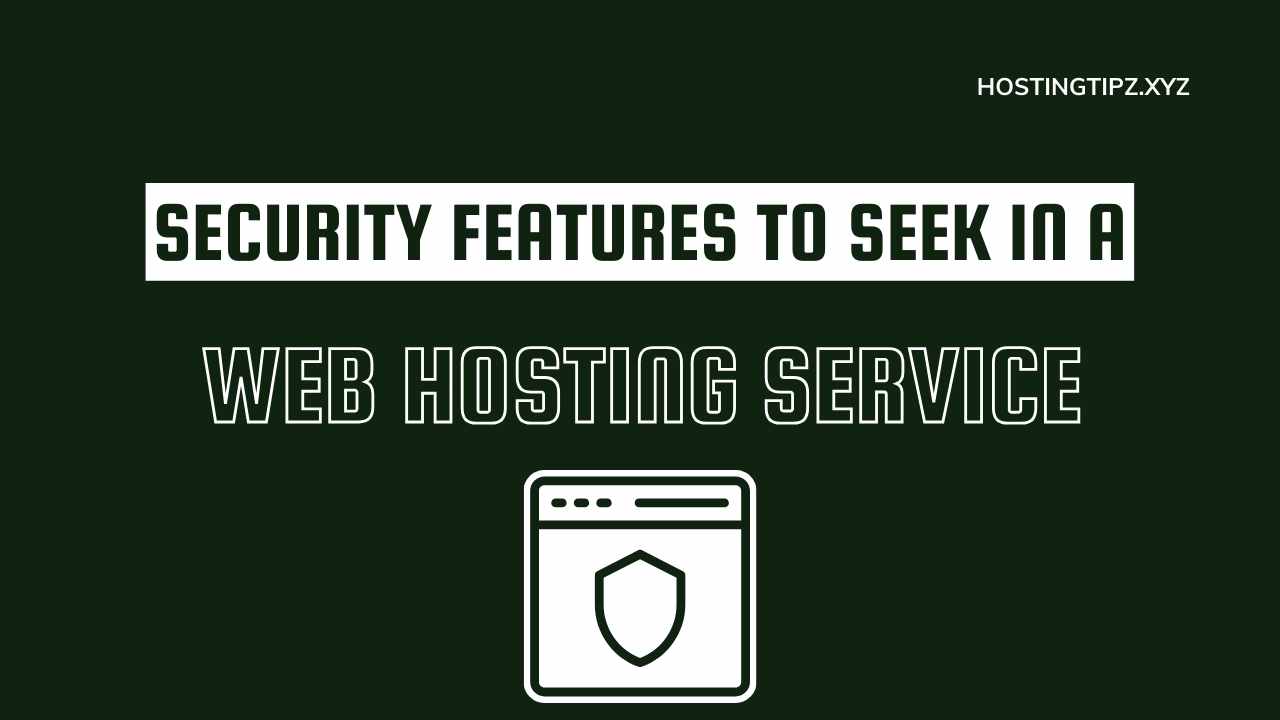
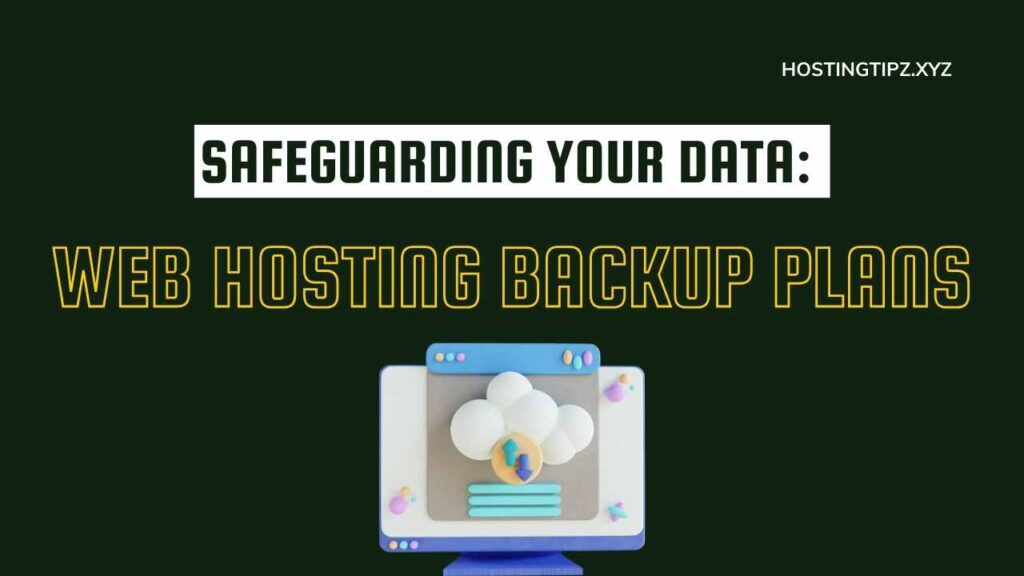
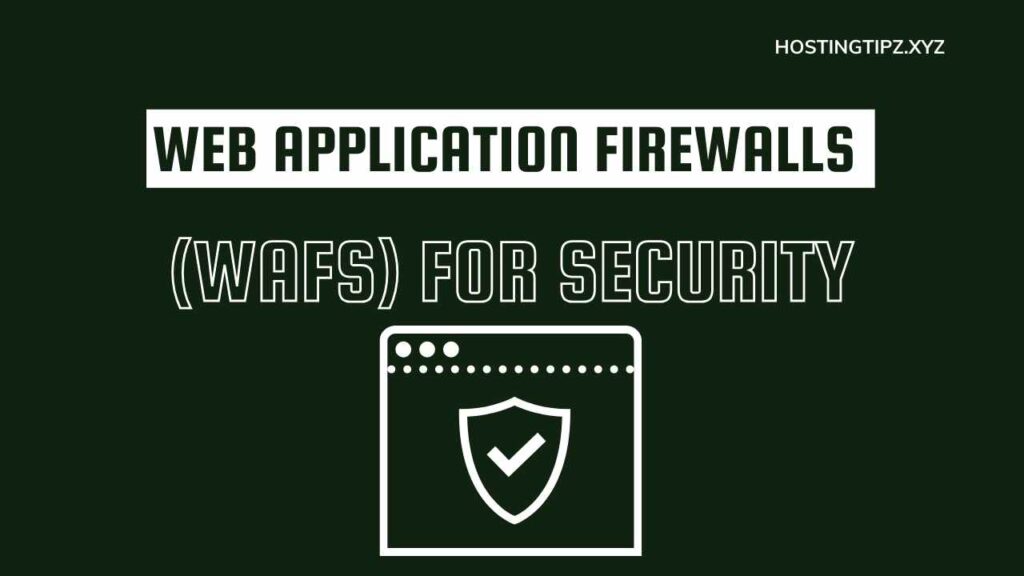
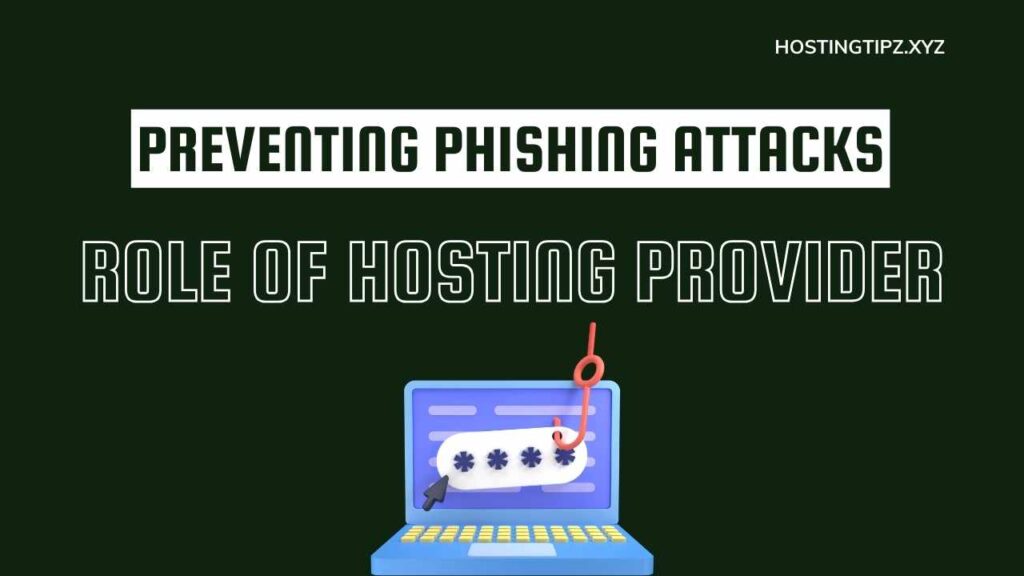
One Comment